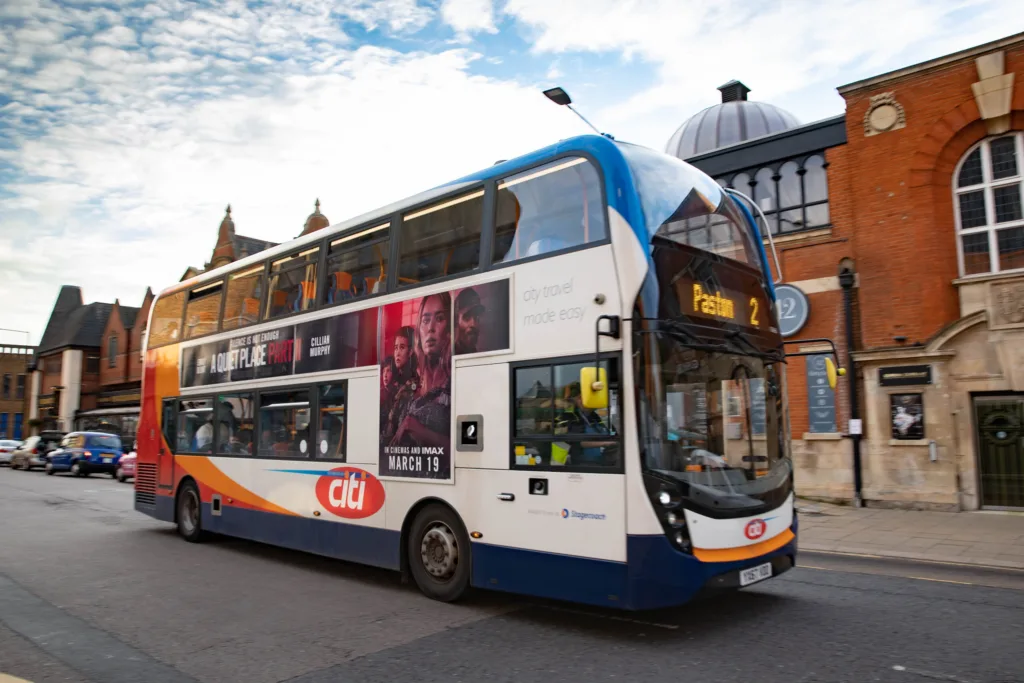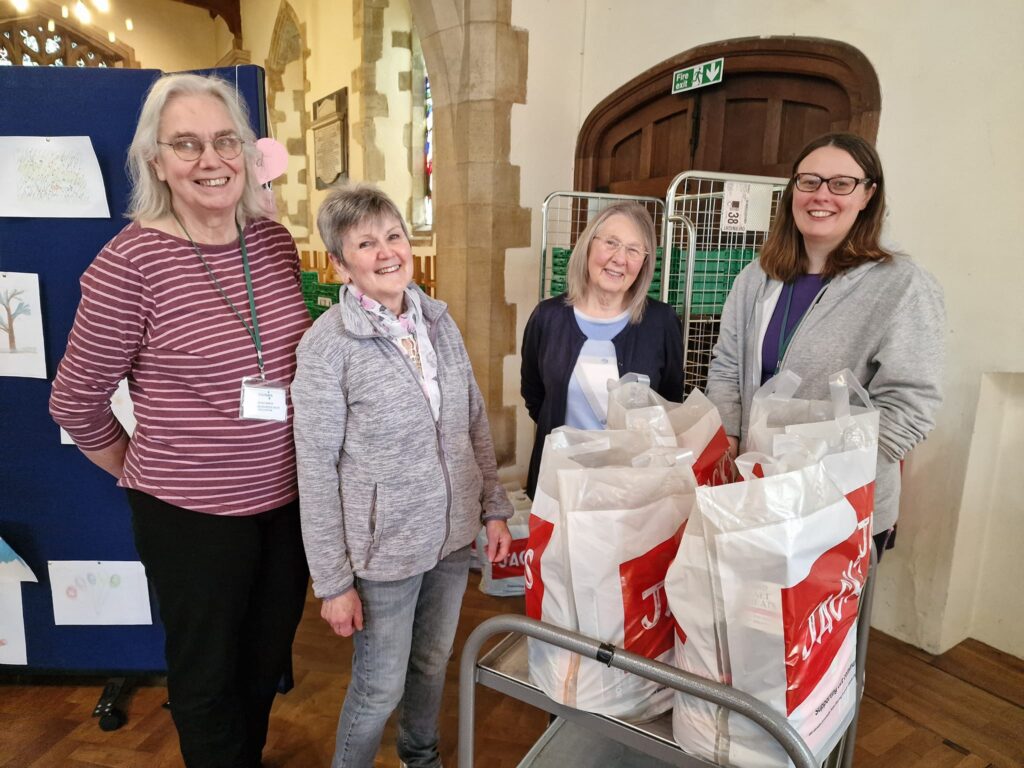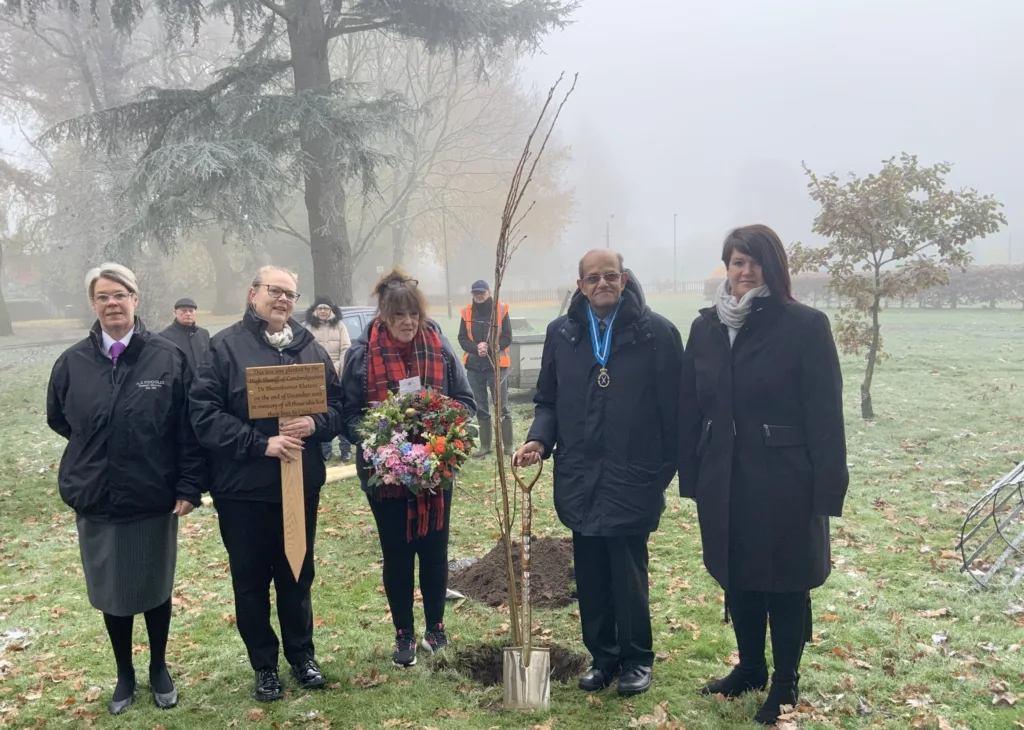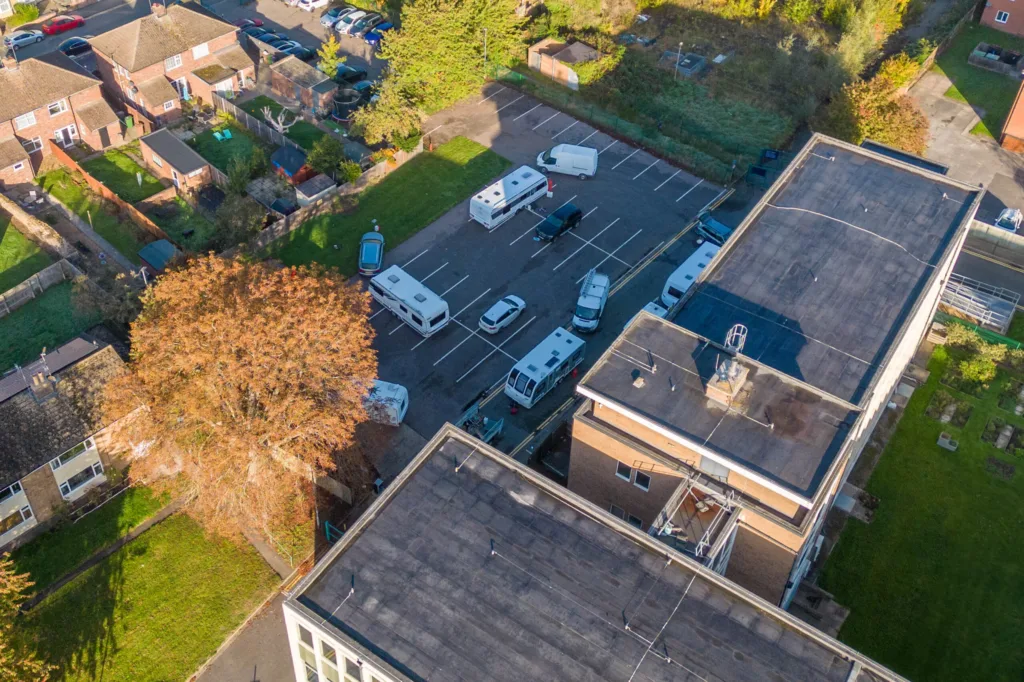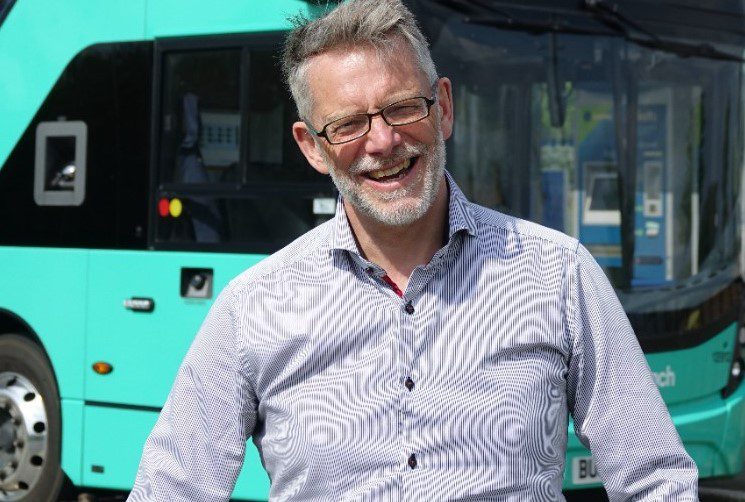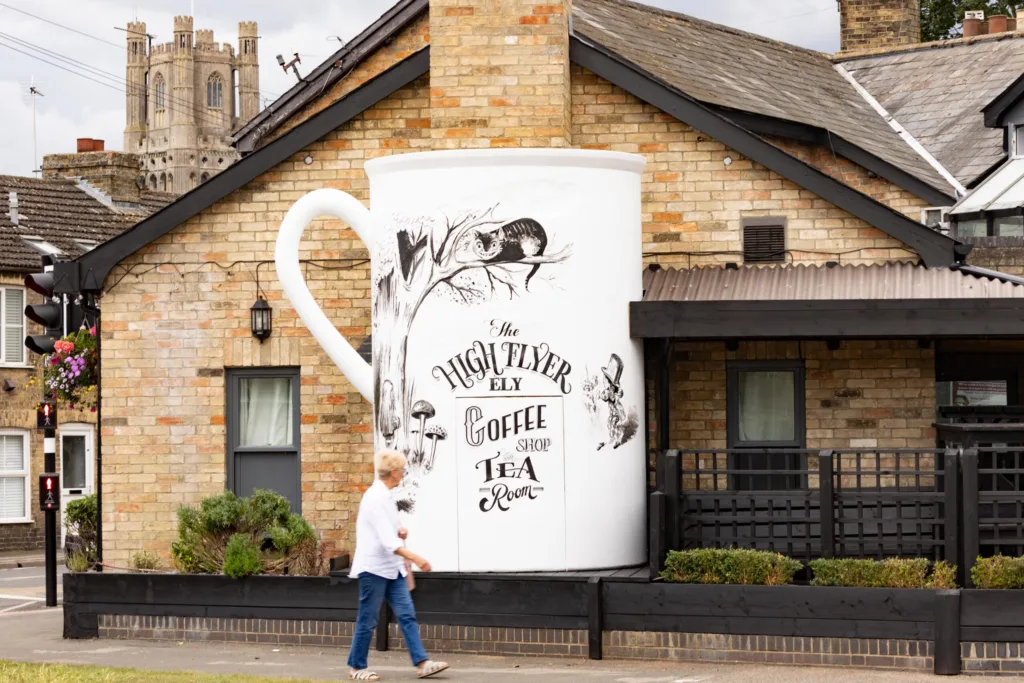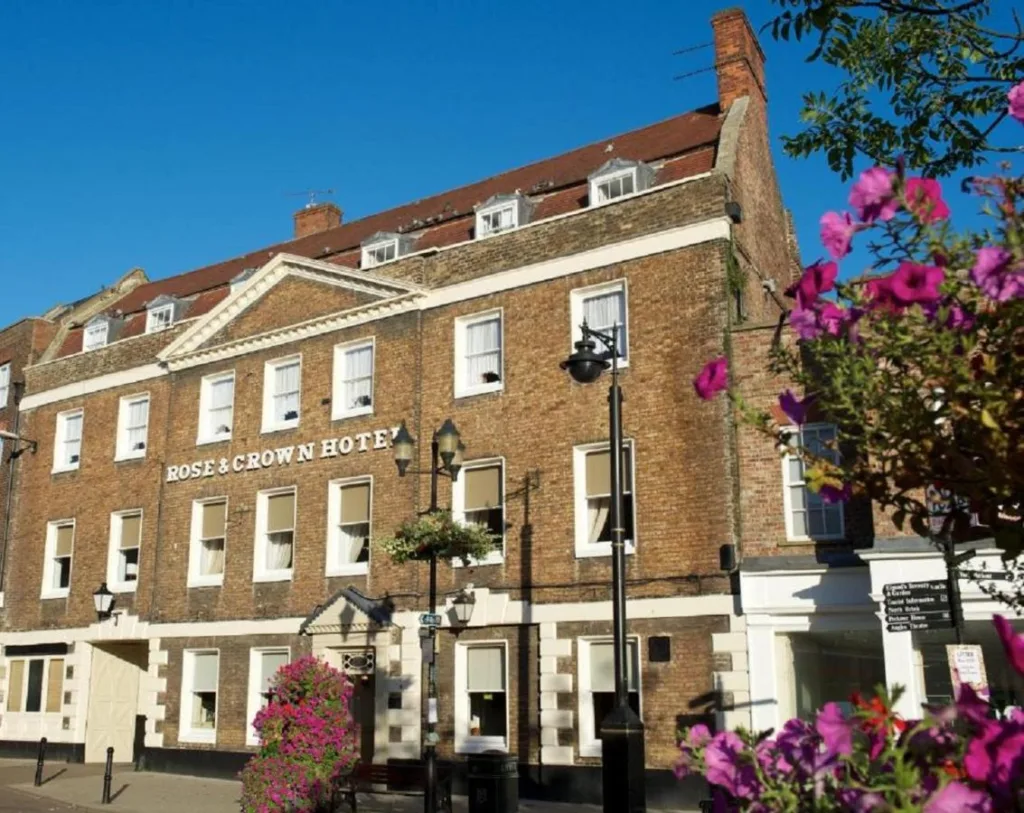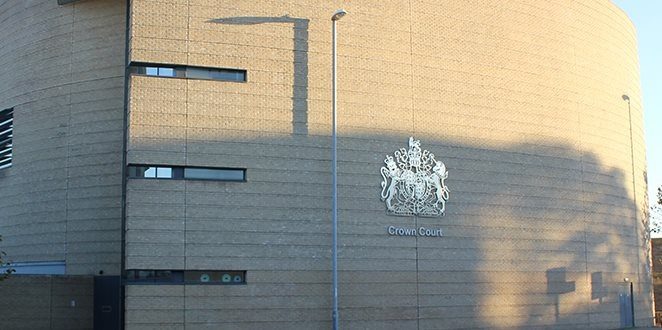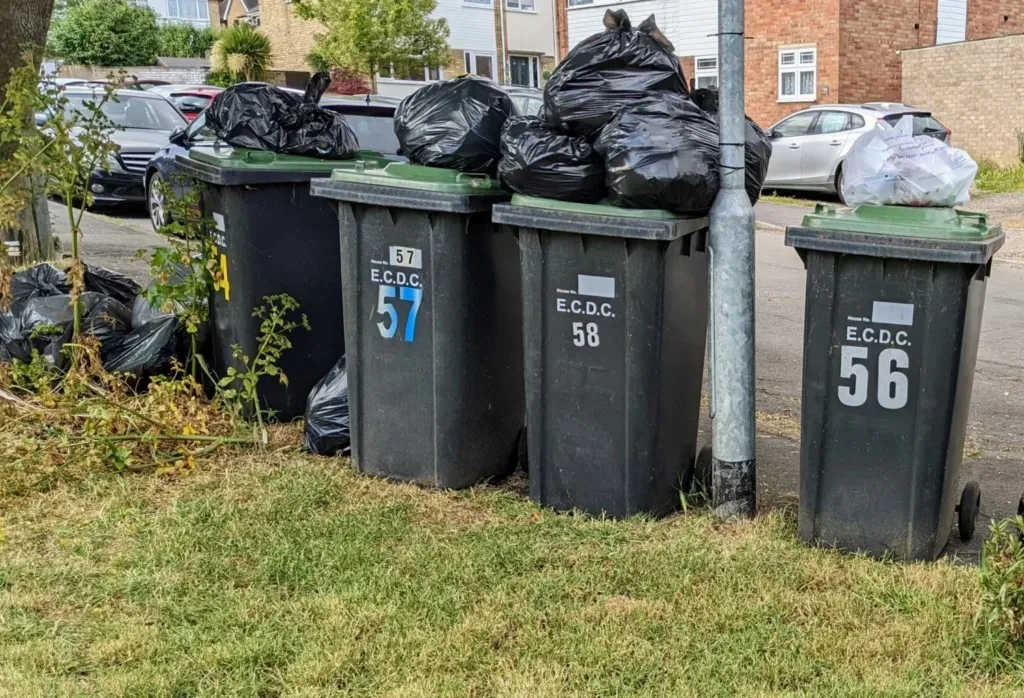The impact of Covid has wreaked havoc on the recovery of bus services in Cambridgeshire and Peterborough, says a new report.
“Our bus services were badly damaged by Covid,” says the report.
“Bus patronage is still down 24 per cent compared to pre-Covid.
“Concessionary passenger journeys are down 42 per cent and there is little sign of any improvement.
“Effectively many routes are running at a large loss subsidised by the Department for Transport (DFT).
Even an experiment such as diverting the X5 via Cambridge Science Park which was potentially a great success “but was stymied by most of the 7,000 employees there switching to working from home”.
The grim analysis has been prepared by county and district councillor Anne Hay of Chatteris.
She is the rapporteur (effectively champion) representing the Bus Reform Review and she will present her report to the overview and scrutiny of the Cambridgeshire and Peterborough Combined Authority (CAPCA) on October 17.
She says her report has been compiled with the help of Oliver Howarth, bus strategy manager
Cllr Hay says that although Government has provided two packages of support funding, the first (CBSSG) ended last year and the second (Bus Recovery Grant or BRG) ended in September 2022 from which point the Treasury expected all bus services to be self-supporting.
“In reality, only a part of our network will be self-supporting” she says.
“Probably most Cambridge Citi services, Park & Ride, BusWay and Peterborough Citi services will support themselves, but the other bus routes linking our market towns may be at risk.”
Cllr Hay, appointed as rapporteur a year ago, says the bus review has spread into other topics over time as new government policies have appeared, waxed, and waned.
On franchising she says CAPCA prepared a full Treasury Green Book report.
However, the independent auditor concluded that the financial risks of franchising as applied to a Covid type situation created too high a risk for a young local transport authority (LTA) like CPCA “as we do not have many assets to balance our book.
“This caused franchising to be paused”.
However, she says three options are being considered:
1: To continue franchising with funding from the City Access Strategy to make it easier to replace existing bus services with new CSET/C2C services.
2: To move away entirely from franchising and create a legally binding Enhanced Partnership (EP) between CAPCA, the bus operators and local stakeholders.
3: A compromise between the two – an overall EP with some franchised areas.
“There are several options under active consideration,” she says.
A bus operators forum has been set up and has been meeting regularly in preparation for the possibility of setting up an EP.
Cllr Hay says that as part of Bus Back Better, all local transport authorities were required to write and submit a Bus Service Improvement Plan (BSIP) 10 months ago.
“We wrote an ambitious plan, involving better services connecting our market towns and widespread use of Demand Responsive Transport (DRT) in rural areas,” she says.
It also included franchising of services “to ensure we could build and fund new services without the incumbent bus operators having a veto”.
And building on a successful ZEBRA (zero emission buses) bid, a large purchase of further zero emission buses to meet the Independent Climate Commission for Cambridgeshire (ICCC) ambitions.
“We were therefore very surprised to be allocated none of the BSIP funds,” she says.
“In fact, 60 per cent of LTAs received no BSIP funds.”
Two causes have subsequently been discovered:
1: In DfT’s view CAPCA had insufficient commitment to road charging, active travel, and bus priority schemes in our area.
2: The DfT subsequently applied a deprivation index score to each BSIP submitted and given this area’s high overall growth, this meant that the money tended to be allocated in the north of England rather than to Cambridgeshire and Peterborough.
Cllr Hay says a new BSIP is being prepared for submission later in the year.
On new bus services, she says that Cambridgeshire and Peterborough have tried various experimental services.
This include the diversion of the X5 via Cambridge Science Park which was “potentially a great success but was stymied by most of the 7,000 employees there switching to working from home.
“An experimental orbital bus in Peterborough has failed to carry significant numbers, demonstrating that such services don’t meet significant traffic flows”.
On a positive note, however, she says the “Ting DRT service in west Huntingdonshire has shown better growth than anticipated and has reached out to a new, younger demographic of transport users”.
But in the meantime, the bus industry is struggling at all levels to deal with:
1: Covid-caused reductions in passenger revenues.
2: The end of Bus Recovery Grant by DfT
3: The massive increase in fuel costs (about £6m pa across our area).
She concludes: “We consider it probable there will be significant reductions of commercial bus services this coming autumn and if this happens, we will struggle to easily replace missing services.
“We are pressing Stagecoach for details of their intentions.”


